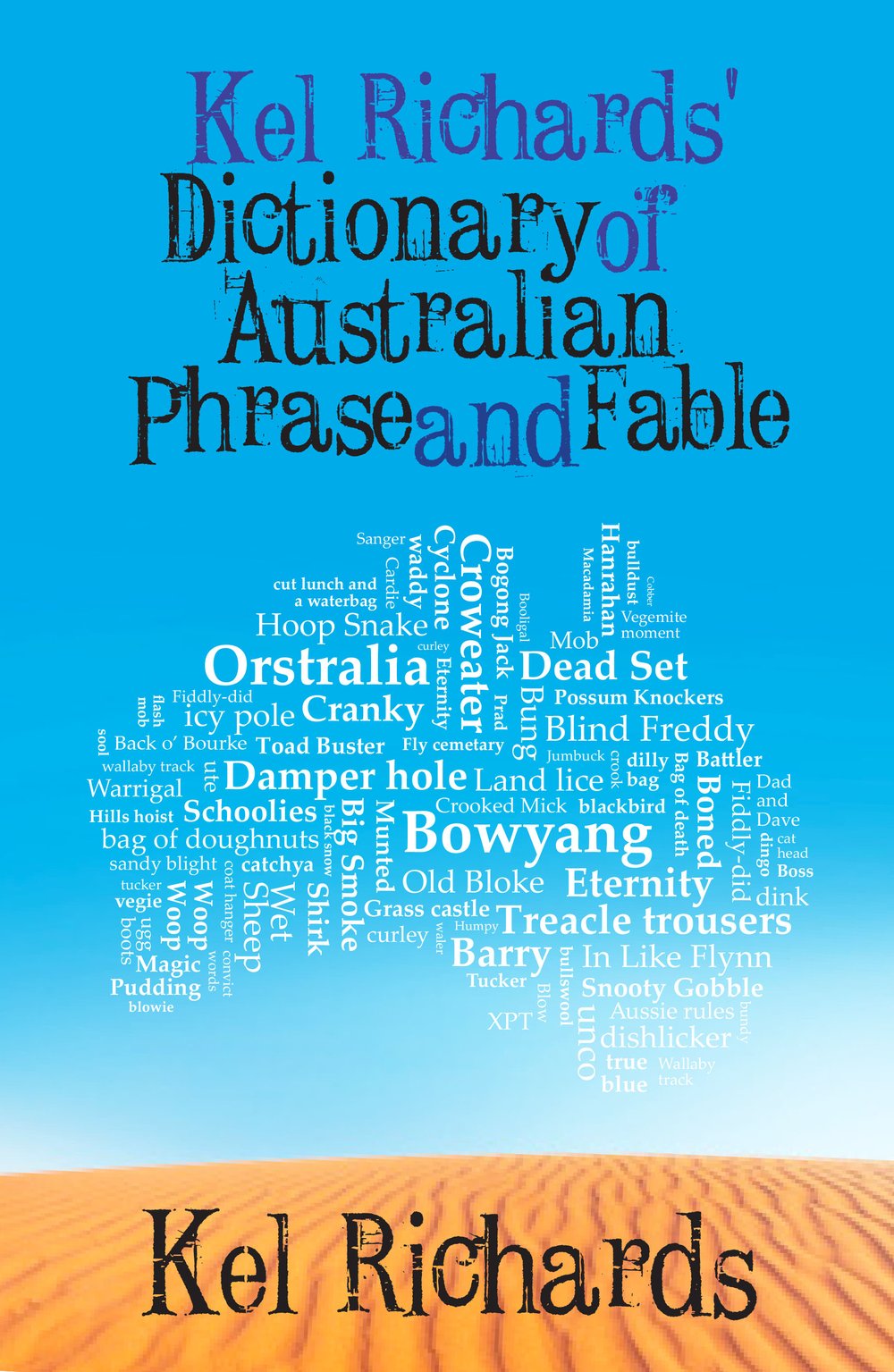‘Reports of my death have been greatly exaggerated’, Mark Twain is supposed to have said when his obituary was published somewhat prematurely. Something similar has happened to Aussie English: reports of its death have been greatly exaggerated. From time to time newspaper columns contain an obituary for our language, usually naming American television shows and the global youth culture as the chief suspects in the verbicide. However, such lamentations are premature, to say the least – Aussie English is alive and well and as fit as a Mallee bull.
While we Aussies are fascinated by words and language in general, it seems we are particularly fascinated by our own words – from the inventive coinages of earlier generations to the latest word play: everything from ‘stone the crows’ to ‘budgie smugglers’, and beyond.
And it’s not just us.
Some time ago I had reason to greet a visiting American couple at the airport. When I met them for the first time, almost the first thing they said to me was, ‘Go on … say it for us.’ Say what? I thought to myself. And then the penny dropped, and I said, ‘G’day’. ‘He said it!’ they squealed with delight. ‘He said “G’day”!’
Americans are increasingly attracted to Aussie English and, far from them swamping us, there are signs that the reverse is happening (or, at the very least, that it’s a two-way street). This trend quite possibly began when American commentators and television crews were here during the 2000 Sydney Olympics. We, of course, heard the Australian commentary, but apparently many American commentators peppered their broadcasts with bits of Aussie English they had picked up (and been delighted by).
And some of these expressions then caught on and became embedded in American English. For instance, the latest edition of the Merriam-Webster Dictionary includes the Aussie word ‘bludge’.
They define the verb ‘to bludge’ as meaning ‘to avoid responsibilities or hard work’, adding: ‘transitive verb, slang, chiefly Australia: to take advantage of: impose on’. One American dictionary for college students says that to bludge means ‘to goof off’.
And it’s not just the Yanks who appreciate our verbal inventiveness. When Philip Hensher was reviewing Tim Winton’s novel Breath in the British weekly The Spectator he wrote: ‘Australian English must be the most consistently inventive and creative arm of the language.’ And then he added, ‘I would rather be shipwrecked with a good dictionary of Australian slang than with any other reference work.’
And Michael Quinion, in his review of Gerry Wilkes’s A Dictionary of Australian Colloquialisms, describes Aussie English as ‘a colloquial language unlike any other’. This is because, he writes, Aussie English is influenced by ‘the cant and slang of criminal transportees … the dialect of immigrants’ home areas … contact with many Aboriginal languages … a characteristically sardonic sense of humour and an enviable ability to turn a phrase in a moment.’
So, then, Aussie English is as bright as a box of budgies – and is being seen as such around the world.
This is an excerpt from Kel Richards’ Dictionary of Australian Phrase and Fable, available now from NewSouth.

